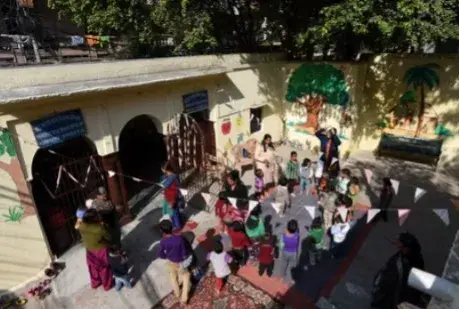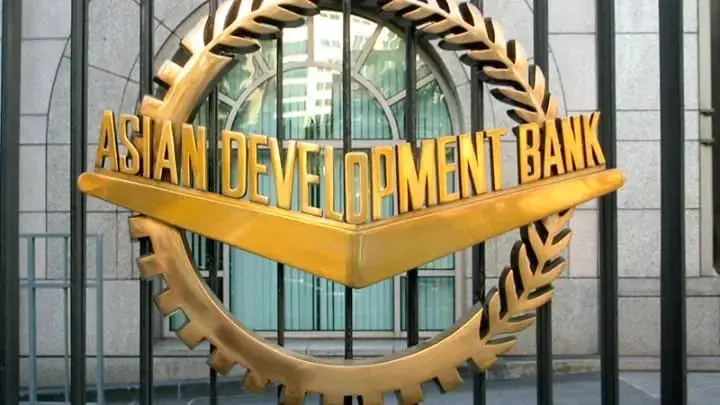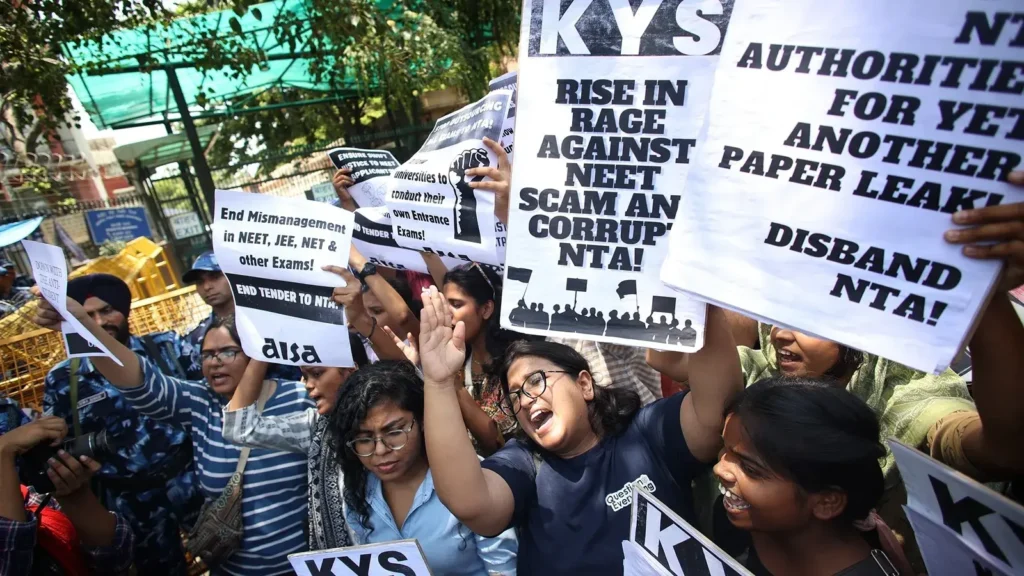Ratan Tata, Visionary Leader and Philanthropist, Passes Away at 86
Ratan Tata, the esteemed former chairman of the Tata Group and one of India’s most beloved business icons, passed away on Wednesday at the age of 86. Tata had been admitted to Breach Candy Hospital in Mumbai for age-related health conditions, including blood pressure complications. Despite rumors about his deteriorating health over the past week, his passing has left the nation mourning a towering figure in Indian industry and philanthropy. Known for his leadership and integrity, Ratan Tata transformed the Tata Group into a global powerhouse after taking over as chairman in 1991. Under his guidance, the group made bold international acquisitions, including Tetley, Jaguar Land Rover, and Corus Steel, firmly establishing India’s presence in the global business landscape. His leadership not only expanded the Tata Group but also brought international attention to India’s economic potential. Beyond business, Tata was deeply committed to philanthropy, contributing to education, healthcare, and rural development through the Tata Trusts. His quiet demeanor and humility endeared him to millions. Despite his immense success, he led a modest life, avoiding the lavish lifestyle associated with billionaires. Tata received numerous honors throughout his life, including India’s highest civilian awards, the Padma Bhushan in 2000 and the Padma Vibhushan in 2008. His philanthropic efforts and contributions to society earned him further accolades, including the Assam Baibhav in 2021 for advancing cancer care in Assam. Prime Minister of India shared condolence over the loss saying “My mind is filled with countless interactions with Shri Ratan Tata Ji. I would meet him frequently in Gujarat when I was the CM. We would exchange views on diverse issues. I found his perspectives very enriching. These interactions continued when I came to Delhi. Extremely pained by his passing away. My thoughts are with his family, friends and admirers in this sad hour. Om Shanti.” Alongside, President of India has tweeted a message saying “In the sad demise of Shri Ratan Tata, India has lost an icon who blended corporate growth with nation building, and excellence with ethics. A recipient of Padma Vibhushan and Padma Bhushan, he took forward the great Tata legacy and gave it a more impressive global presence. He inspired seasoned professionals and young students alike. His contribution to philanthropy and charity is invaluable. I convey my condolences to his family, the entire team of the Tata Group and his admirers across the globe.” As the nation mourns his passing, Defense Minister Rajnath Singh expressed his condolences, calling him a “Titan of the Indian industry” and a visionary who left an indelible mark on India’s economy and society. Ratan Tata’s legacy as a business leader and philanthropist will continue to inspire generations to come. The country unites in grief, with heartfelt tributes and condolences flooding in from across the spectrum – business tycoons, political dignitaries, and ordinary citizens alike – to celebrate the extraordinary life and achievements of Shri Ratan Tata. India has lost a giant, a visionary who redefined modern India’s path. Ratan Tata wasn’t just a business leader – he embodied the spirit of India with integrity, compassion and an unwavering commitment to the greater good. Legends like him never fade away. Om Shanti 🙏 pic.twitter.com/mANuvwX8wV — Gautam Adani (@gautam_adani) October 9, 2024 It is a very sad day for India and India Inc. Ratan Tata’s passing away is a big loss, not just to the Tata Group, but to every Indian. At a personal level, the passing of Ratan Tata has filled me with immense grief as I lost a dear friend. Each of my numerous interactions with… — Reliance Industries Limited (@RIL_Updates) October 9, 2024 My last meeting with Ratan Tata at Google, we talked about the progress of Waymo and his vision was inspiring to hear. He leaves an extraordinary business and philanthropic legacy and was instrumental in mentoring and developing the modern business leadership in India. He deeply… — Sundar Pichai (@sundarpichai) October 9, 2024 Ratan Tata: the man who made India proud. His legacy remains in posterity. May his soul rest in peace. pic.twitter.com/Sk414lTjKW — Uday Kotak (@udaykotak) October 9, 2024 I am unable to accept the absence of Ratan Tata. India’s economy stands on the cusp of a historic leap forward. And Ratan’s life and work have had much to do with our being in this position. Hence, his mentorship and guidance at this point in time would have been invaluable.… pic.twitter.com/ujJC2ehTTs — anand mahindra (@anandmahindra) October 9, 2024 Deeply saddened by the demise of legendary industrialist and true nationalist, Shri Ratan Tata Ji. He selflessly dedicated his life to the development of our nation. Every time I met him, his zeal and commitment to the betterment of Bharat and its people amazed me. His commitment… pic.twitter.com/TJOp8skXCo — Amit Shah (@AmitShah) October 9, 2024 The passing away of Ratan Tata is the end of an era. He was deeply associated with the modernisation of Indian industry. And even more so with its globalisation. Was my privilege to have interacted with him on numerous occasions. And benefitted from his vision and insights.… — Dr. S. Jaishankar (@DrSJaishankar) October 10, 2024 I am heartbroken to hear of the passing of Ratan Tata Ji, a proud son of the nation. Over three decades, I was privileged to have a deeply personal and close family relationship with him, where I witnessed his humility, simplicity, and genuine respect for everyone, regardless of… — Nitin Gadkari (@nitin_gadkari) October 9, 2024
Ratan Tata, Visionary Leader and Philanthropist, Passes Away at 86 Read More »










